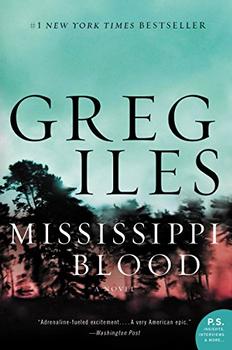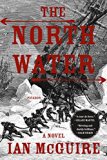Summary | Excerpt | Reviews | Beyond the book | Read-Alikes | Genres & Themes | Author Bio

David Vann creates a haunting and provocative novel that explores our most primal urges and beliefs, the bonds of blood and religion that define and secure us, and the consequences of our actions - what we owe for what we've done.
In David Vann's searing novel Goat Mountain, an 11-year-old boy at his family's annual deer hunt is eager to make his first kill. His father discovers a poacher on the land, a 640-acre ranch in Northern California, and shows him to the boy through the scope of his rifle. With this simple gesture, tragedy erupts, shattering lives irrevocably.
In prose devastating and beautiful in its precision, David Vann creates a haunting and provocative novel that explores our most primal urges and beliefs, the bonds of blood and religion that define and secure us, and the consequences of our actions - what we owe for what we've done.
David Vann is the award-winning author of Legend of a Suicide, Caribou Island, A Mile Down, and Last Day on Earth.
If David Vann's parable is too overt and repetitive (even at novella length it can feel too long), its subversion of religious imagery is still unforgettable. Could it be that violence is a language of its own? Might the seemingly inescapable cycle of taboo and transgression simply be a random product of human evolution? These are some of the questions Vann raises in this disturbing, audacious, and deeply impressive allegory...continued
Full Review
 (873 words)
(873 words)
(Reviewed by Rebecca Foster).
David Vann fits into an American literary tradition that has been around since the 1960s, but was only given a name in 1983. Bill Buford, former editor of Granta literary magazine, coined the term "dirty realism" to characterize two trends in American fiction: a tendency toward simplified language, largely free from adverbs or flowery language (as is true of Vann's matter-of-fact prose in Goat Mountain), and frank consideration of the awfulness of ordinary, lower- or middle-class lives.
A post-Cold War phenomenon, dirty realism arose in an atmosphere of suspicion and paranoia. It often reflects on capitalism and consumerism through the experiences of blue-collar workers, sometimes using black humor to lighten the mood. The characters ...

If you liked Goat Mountain, try these:

by Greg Iles
Published 2018
The final chapter in the Natchez Burning trilogy.

by Ian McGuire
Published 2017
A nineteenth-century whaling ship sets sail for the Arctic with a killer aboard in this dark, sharp, and highly original tale that grips like a thriller.